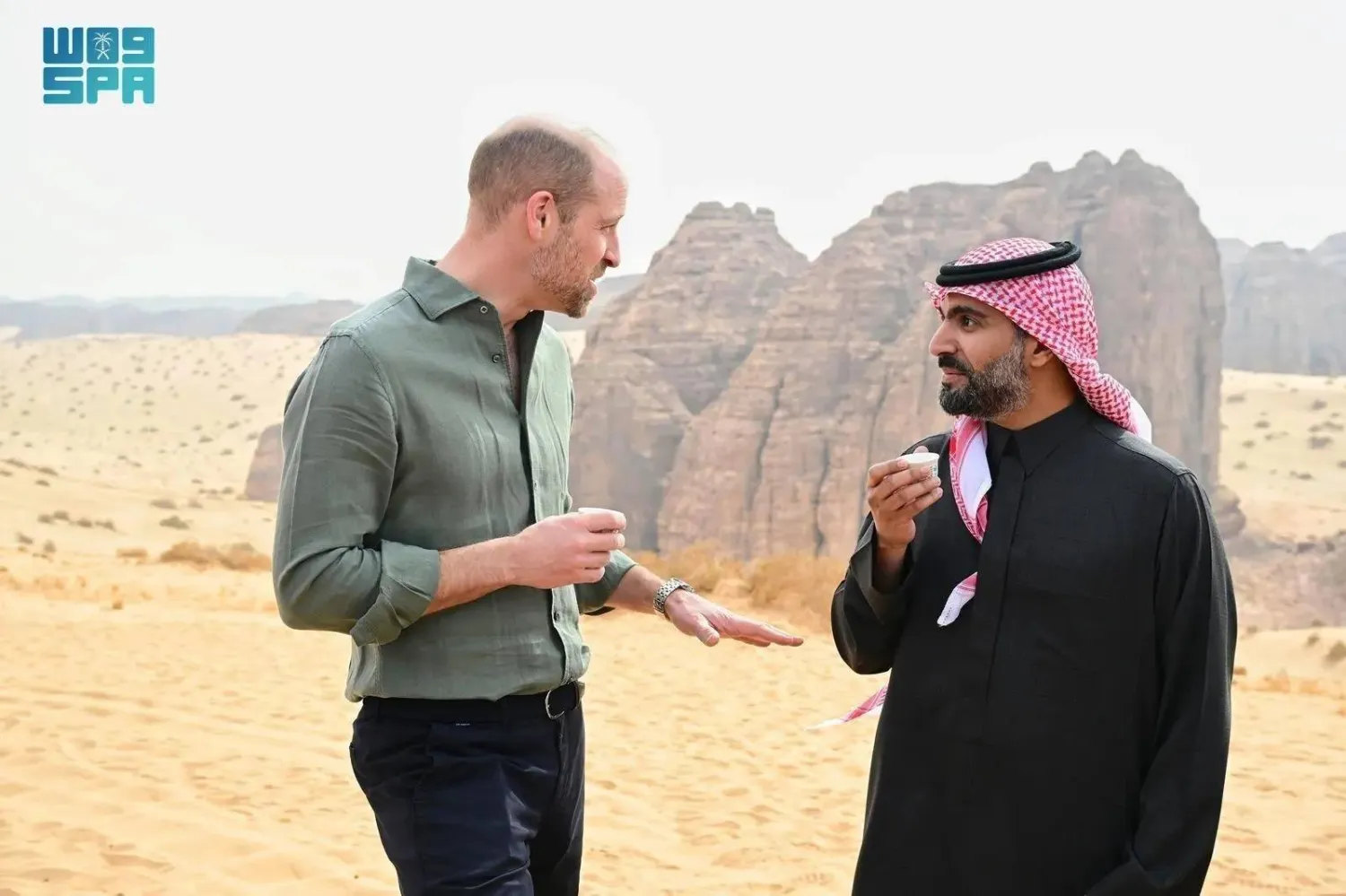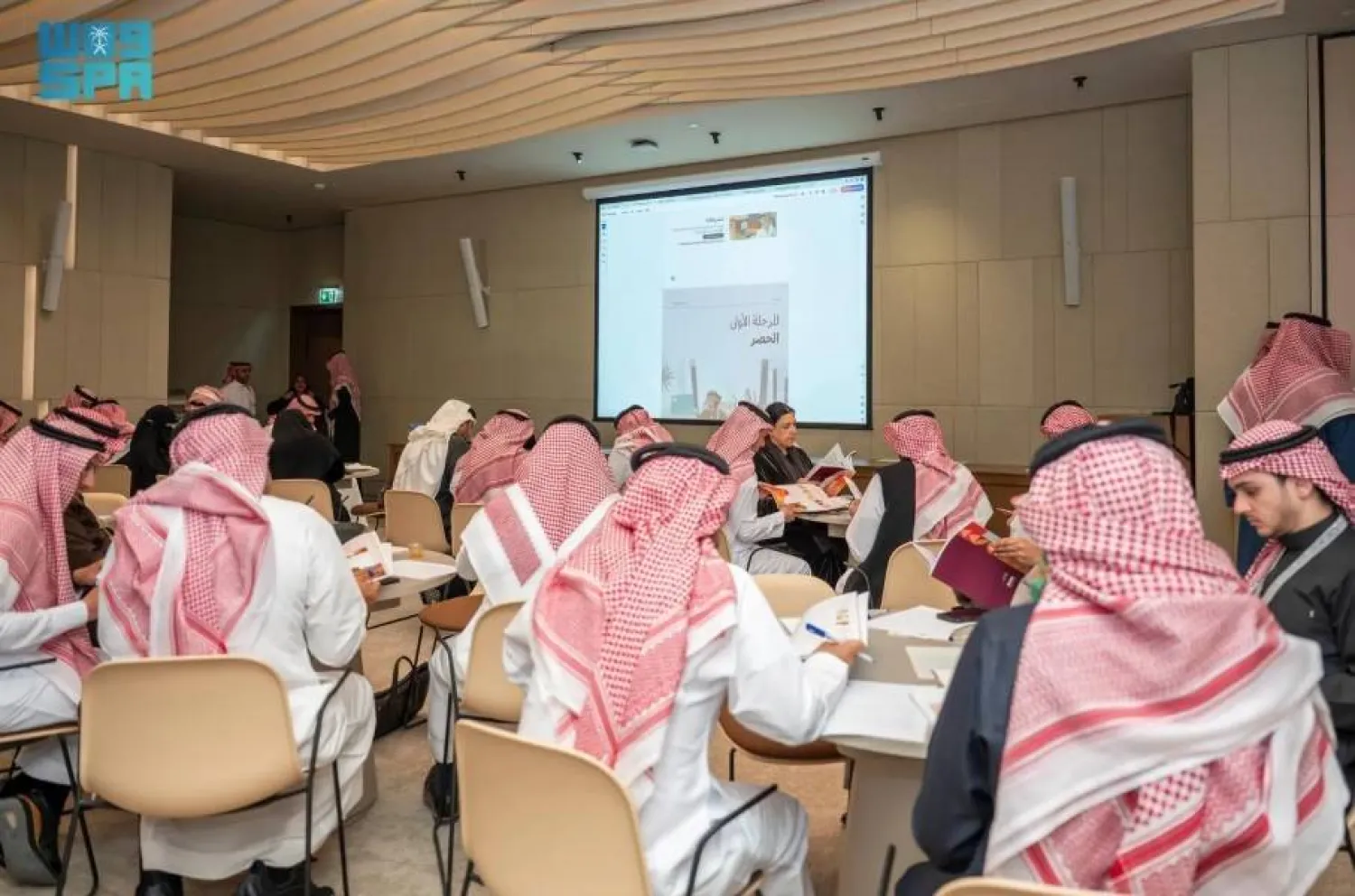The Saudi Assistant Minister of Culture, Rakan bin Ibrahim Al-Touq, has met with the Indian Minister of State for External Affairs and Culture, Meenakashi Lekhi, in the Indian city of Varanasi.
The meeting took place on Saturday during the official visit of the Saudi Assistant Minister to India, where he represented the Kingdom at the G20 Cultural Ministers' Meeting.
At the beginning of the meeting, the Al-Touq expressed his gratitude to the Indian Minister for the warm hospitality and commended India's exceptional leadership during its G20 presidency this year. He acknowledged India's dedication to advancing the cultural agenda throughout its term.
Al-Touq reiterated the Kingdom's support for the cultural priorities outlined by the Indian presidency.
The meeting focused on strategies to strengthen cooperation and cultural exchange between the two countries. Discussions dealt with the enhancement of cultural exchange and training programs across various cultural domains, including the film industry, culinary arts, organization of visual arts exhibitions, helping with the residencies of artists in both countries and sharing expertise in documenting intangible cultural heritage and preserving historical sites.









